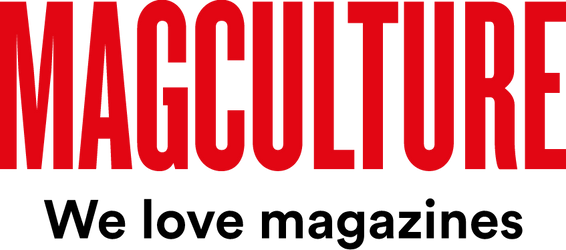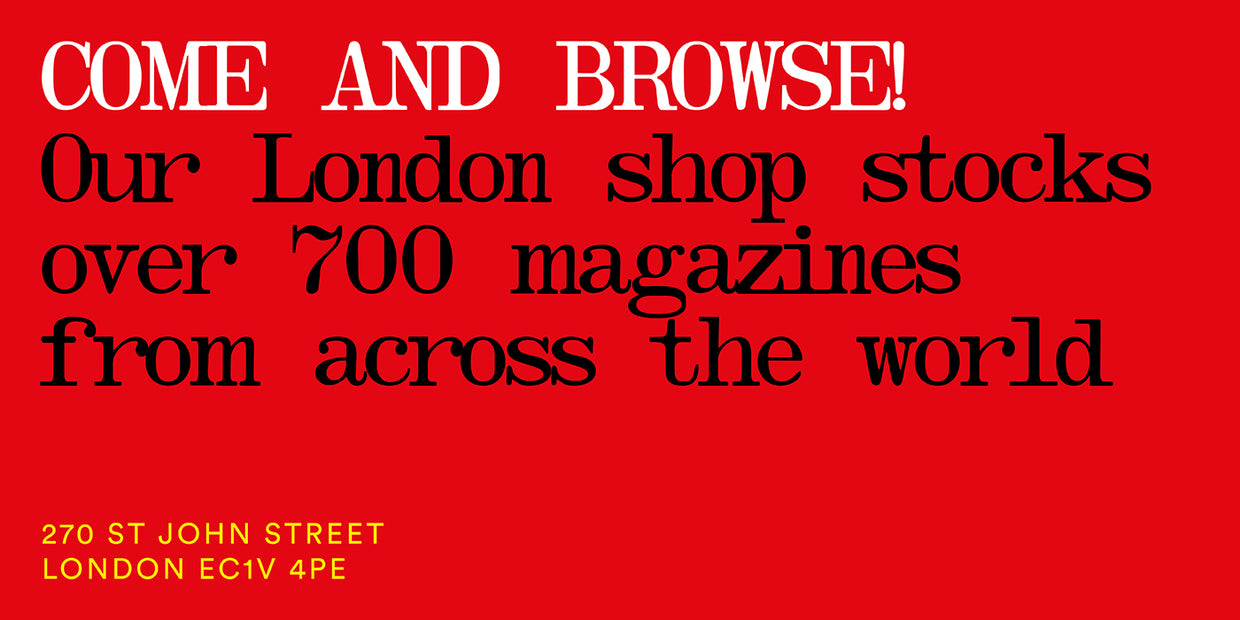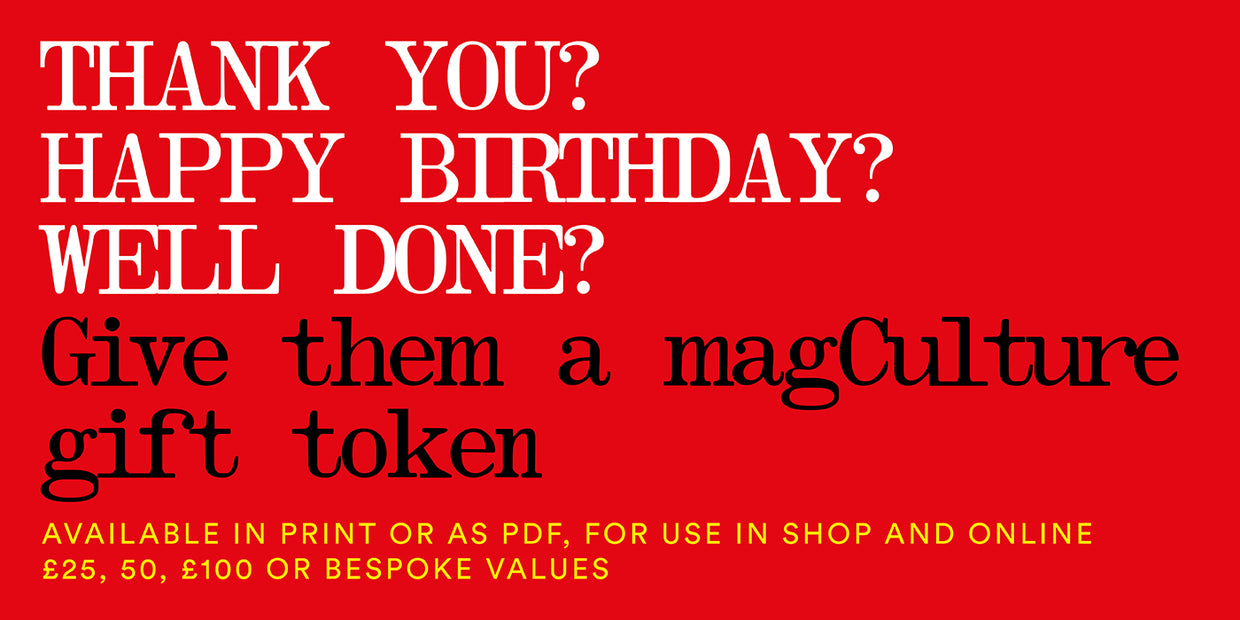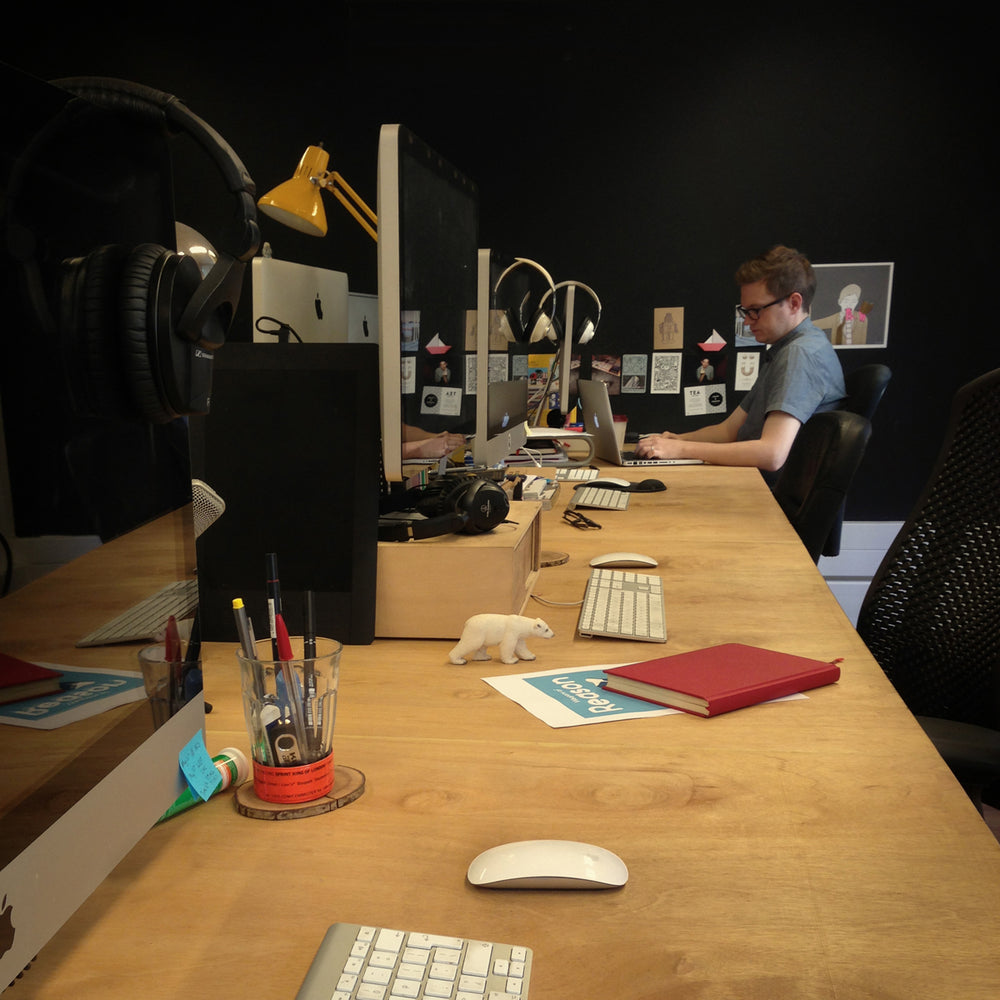
At Work With: Danny Miller, Weapons of Reason

Danny Miller is CEO of London creative agency Human After All, whose publishing clients have included Google, Facebook and Honda. Ten years ago he launched Little White Lies, one of the groundbreakers for today’s independent publishing scene. We look ahead at his week as he completes the first issue of a new magazine, Weapons of Reason, that will launch later this month.

Where are you today?
I’m at my desk in our London office, on a super nice autumnal morning, as you can see by the skies outside. We're moving out at the end of October, although we don't know where to yet. In the last ten years we've had six offices and they’ve all been within about 500 yards of each other in Old Street (such is our adventurous spirit) so this time we might try further afield.
What can you see from the window?
I can see the courtyard of a Spanish restaurant, where the staff are listening to loud music as they prepare for the day.
Are you a morning or evening person?
I would say that early mornings and late evenings are when I get the most done. So perhaps I'm both, but I’m not much of a mid-afternoon person?
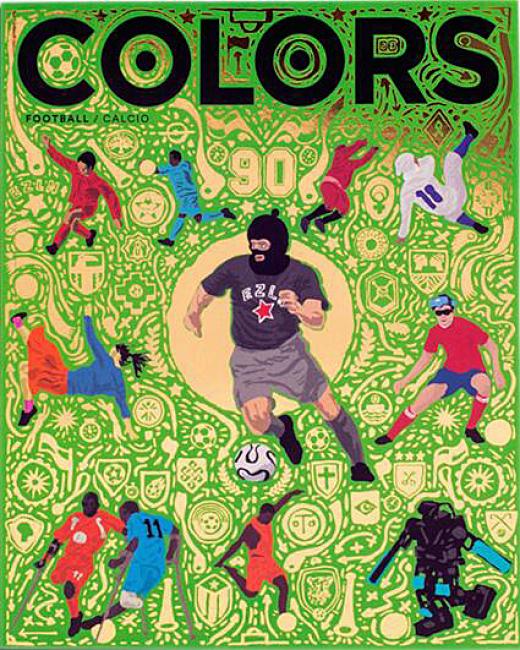

What’s your favourite magazine this morning?
That's a tricky one at the moment because I've purposely tried not to look at many magazines recently. We're in the process of putting together our own mag and I'm fairly easily influenced by things I like, and definitely intimidated by things I love. I've had a copy of Colors on my desk for the last few months, but will wait until after our print deadline to open and explore its unattainably high level of awesomeness. Though it's not a print mag, my favourite source of content right now is Vox, who are doing really interesting things with injecting context into news coverage.

Since moving on from Little White Lies and Huck you’ve not been directly involved in making a magazine. What’s brought you back to magazines?
It's just fate, really. I remember when we launched Little White Lies we were bursting with the desire to share with people how we felt about film, and we knew exactly where LWLies would fit into the world. We were terrified that someone else would make the magazine that we were planning, and there’s been a similar feeling around Weapons of Reason.
For me personally it began at SXSW in 2013. We were there seeing people talk about tech-based visions of the future; the internet of things, wearables, 3D printing, etc. And then I landed in a keynote from Al Gore who talked through his book 'The Future', exploring six key drivers of global change (economic globalisation, advancements in technology and life sciences, climate change etc). I really liked his style - the ideas were clear and engaging, but delivered in a way that was smart and personable. I bought a copy of the book and it resonated with me way more than the reporting on global news I was used to. And so the seed was sown, and a magazine about these challenges shaping our world immediately seemed to make sense. I felt like we could use our storytelling, publishing and design skills to add meaningfully to the conversation.
There's something about our particular mix of creativity and curiousity that lends itself well to breaking down complex issues and communicating them to people. Right away I pictured WoR as a combination of the exploratory features section of Little White Lies, the creative thought leadership of Think Quarterly (which we made for Google) and the data-vis rich approach of the Outlook on the Global Agenda (which we make for the World Economic Forum). All the right parts were there. It's taken 18 months to refine that vision - a challenging (often terrifying) but enjoyable process!

Weapons of Reason is a great, rabble-rousing name. What/who are you fighting against?
Ha, yeah I suppose it is a bit rabble rousing. True to our movie-loving background it comes from a quote by Marcus Aurelius (Richard Harris' character in Gladiator): “Never let the future disturb you. You will meet it, if you have to, with the same weapons of reason which today arm you against the present”. We’re suckers for quotes as inspiration for magazine titles (Little White Lies came from a Radiohead song).
But honestly we're not fighters or activists at all. The mag looks at some very challenging topics, but at the same time we're not trying to be political, or even draw conclusions. We realised when researching our first cover topic – The Arctic – it was such a vast area that the best we could do was to identify the best questions to be asking. From there we could commission the right stories, and ultimately look to present the key facts that inform the debate to readers in a way that would allow them to connect the dots themselves.

Our main learning has been that there doesn't seem to be such a thing as a simple problem - there are just lots of interconnected elements. I hope over the course of eight issues we'll be able to show that in some way. We’ve partnered with D&AD on the project and I think their president Laura Jordan Bambach articulates it much better than I can when she says: “We’re in an amazing position as communicators, taking what is intangible to the world and making it understandable to everyone." I think that sums it up perfectly, as does D&AD’s White Pencil initiative, which focuses on design for good.

If we’re fighting for anything, it's to help anyone who struggles to understand the complexities of the state of our planet without the context provided by an understanding of its past. It’s for those who read about Gaza and Syria and ISIS and want to know more, but simply don't have the necessary background knowledge required to comprehend such enormous subjects. That's why it's critical that WoR is split into past, present and future. We start at the start, and help give people some background before diving into the complexities of the present.
What are you going to be talking about at The Modern Magazine conference?
I'm not 100% sure yet. I had an idea to do the entire presentation as a pitch from Team WoR to the audience, taking them through our elevator pitch, and then the problem, solution, our values, business model and marketing plan etc, but I think that might be a bit lame. So I'm going to focus instead on how creativity connects. Weapons of Reason is our attempt to make good use of our design skills - which is something we really believe in. I'll talk about our plans for the project through that specific lens.
What are you most looking forward to this week?
We’re working on a lot of pitches at the moment, which is always exciting. I've also been trying to complete a project i've been working on for nearly three years – the Publishing Playbook, which is a shared resource of documents, templates, databases and other things that we’ve created during our time working in publishing. It's basically everything we know about making magazines in a shareable format, which we'll share openly in the hope that it nudges ever more people into making ever more lovely new magazines. I'm also really looking forward to my lunch.
What are you least looking forward to this week?
A dentist's appointment.
What will you be doing after this chat?
After this chat I will probably look back over everything i’ve just written, wracked with self doubt.
Danny will be speaking about Weapons of Reason at The Modern Magazine 2014. Tickets still available.
@weaponsofreason
You can pre-order a copy of Weapons of Reason here
